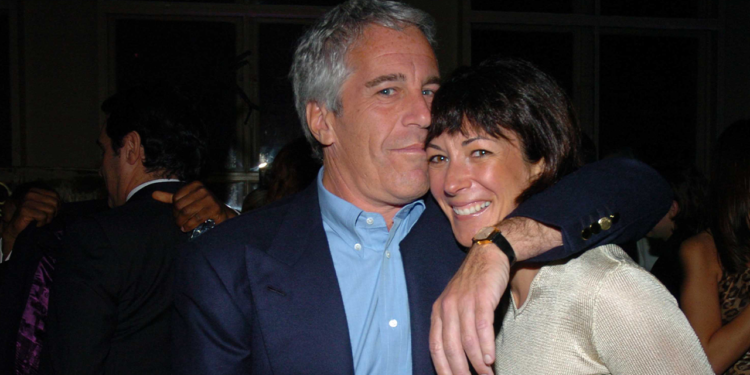A federal judge has denied a motion by the Department of Justice to unseal grand jury transcripts tied to the investigation of Jeffrey Epstein, dealing a blow to transparency advocates and fueling ongoing public skepticism about the government’s handling of the case.
In a ruling issued Wednesday, U.S. District Judge Robin L. Rosenberg stated that legal limitations prevent the court from granting the request, and that the DOJ had not provided sufficient justification to override those restrictions.
“The court’s hands are tied,” Rosenberg wrote in the order, explaining that current legal standards surrounding grand jury secrecy had not been met by the department’s arguments.
The DOJ had filed its request last week, citing strong public interest and the need for openness in the high-profile Epstein investigation. The move came amid renewed public pressure and bipartisan criticism from Congress over the administration’s failure to release more details about Epstein’s alleged network of associates.
Calls for accountability have intensified following the release of a July 6 joint memo from the DOJ and FBI, which reaffirmed that Epstein died by suicide while in federal custody. The memo also stated that there was no evidence of a so-called “client list” tied to the late financier.
Florida Attorney General Pam Bondi has also faced scrutiny in recent weeks after previously suggesting that additional revelations were forthcoming, statements that have so far gone unfulfilled.
While public interest in the Epstein case remains high, legal experts note that grand jury materials are generally protected from disclosure to preserve the integrity of the process and protect the privacy of witnesses.
With the judge’s ruling, those hoping for a deeper look into the inner workings of Epstein’s alleged connections will have to wait, if not indefinitely.







